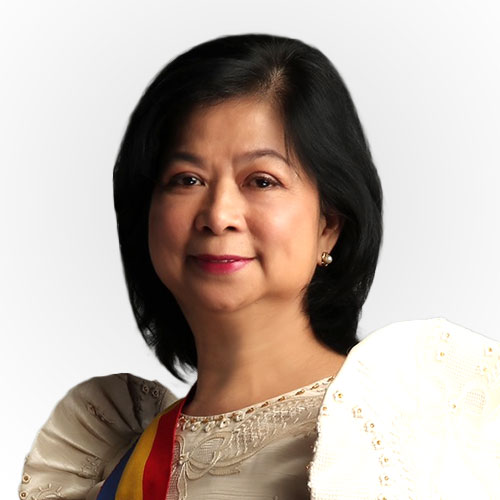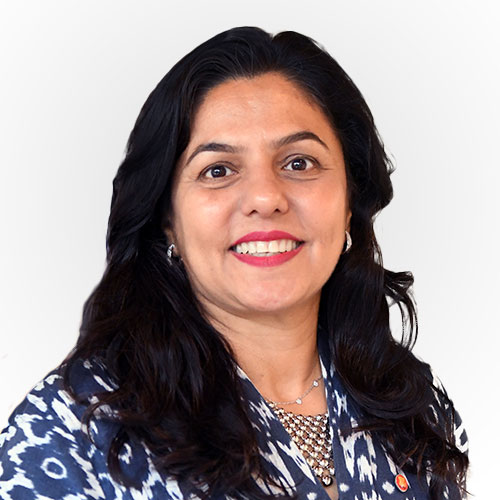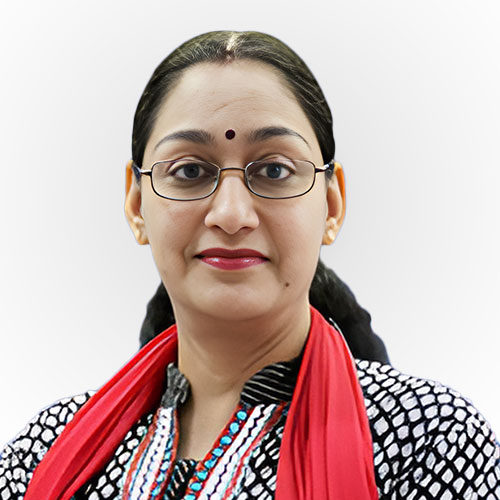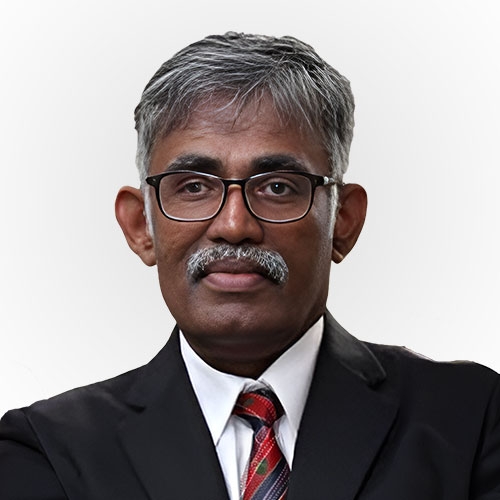Date: 23 October 2024 (Wednesday)
Time: 2:30 pm
Venue : Auditorium, Asia-Europe Institute (AEI), Universiti Malaya
In conjunction with the 60th Anniversary of the Diplomatic Relations between the Philippines and Malaysia
The United Nations' 2030 Agenda for Sustainable Development's pledge to "leave no one behind" embodies a call for women from all walks of life and age groups to engage in conflict prevention and peacebuilding efforts. This commitment builds upon the seminal United Nations Security Council Resolution 1325 (2000). ASEAN has embraced crucial instruments like the Beijing Platform for Action and the Convention on the Elimination of All Forms of Discrimination against Women (CEDAW), paving the way for its own Women, Peace, and Security (WPS) agenda.
ASEAN's institutional framework for promoting women's rights and gender equality in peace and security comprises several key bodies. These include the ASEAN Women for Peace Registry, established in 2018, along with the ASEAN Committee on Women, the ASEAN Commission on the Promotion and Protection of the Rights of Women and Children, and the ASEAN Institute for Peace and Reconciliation. These entities have played a crucial role in integrating gender perspectives into the regional security architecture.
What is ASEAN Centrality? We have heard this concept brandished about for years now. We will hear from a veteran diplomat her definition of this important but oft-misunderstood concept and learn how ASEAN diplomats, scholars and anyone who desires to understand ASEAN as a regional organization, can benefit from this understanding. While the ASEAN Outlook on the Indo-Pacific (AOIP) emphasizes ASEAN Centrality, it falls short in highlighting women's roles in fostering peace and stability in the region. However, the ASEAN Community Vision 2045 takes a more progressive stance, placing greater emphasis on empowering women and girls. This is evident in its Strategic Plan, which underscores the ASEAN Regional Plan of Action on the Elimination of Violence Against Women (ASEAN RPA on EVAW, 2016).
Women in ASEAN face a myriad of challenges, including vulnerability to intra-regional and global human trafficking networks, domestic violence, child marriage, and systemic barriers to career advancement in patriarchal societies. Our panel, featuring individuals who have successfully broken through gender barriers and established themselves in their respective fields, will offer diverse insights into how ASEAN can mainstream women's advocacy and bolster their role in regional security. This discussion is especially relevant given the current geopolitical landscape marked by Sino-US competition and its implications for the Indo-Pacific security environment.
| Time | Agenda |
|---|---|
| 2:30pm | Arrival of Guest & Registration |
| 3:00pm | Welcoming Remarks by Associate Professor Dr. Roy Anthony Rogers, Deputy Executive Director (Development, Research, & Innovation), Asia-Europe Institute, Universiti Malaya |
| 3:05pm | Special Remarks by H.E Maria Angela Abrera Ponce, Ambassador of the Republic of the Philippines to Malaysia |
| 3:15pm |
Forum on Empowering Voices: ASEAN Centrality and Women, Peace and Security Panellists:
Moderator
|
| 4:00pm | Q&A Session |
| 4:15pm | Photo session |
| 4:30pm | End of session, followed by high tea |

Philippines' Eminent Person to the High-Level Task Force on ASEAN Community's Post-2045 Vision (HLTF-ACV)
Author: ASEAN Centrality: An Autoethnographic Account by a Philippine Diplomat
Ambassador ELIZABETH P. BUENSUCESO is the Philippines’ Eminent Person to the High Level Task Force on ASEAN Community's Post-2025 Vision. She has been with the Philippine Foreign Service for over 42 years. She was formerly Undersecretary (Vice Minister) for Bilateral Relations and ASEAN Affairs and Philippine SOM Leader. She was Ambassador/Permanent Representative of the Philippines to ASEAN for over six (6) years, and served as the Philippine Ambassador to the Lao PDR, and Norway, with concurrent accreditation to Denmark and Iceland. Her other previous postings include Brussels, Beijing, Singapore and Hong Kong. In 2017, she became the Chair of six ASEAN bodies, including the CPR. In the Home Office , she was Asst. Secretary for European Affairs, and held offices at the policy, economic and cultural sections of the DFA.
Ambassador Buensuceso has an AB degree major in English, magna cum laude. She has a Master's degree in ASEAN Studies from the University of the Philippines . She is the recipient of several awards, including a Presidential Grand Cross, Gawad Kamanong, rank of Commander in 2017. She has given several lectures and talks on ASEAN and diplomacy and negotiations. She played a pivotal role in the creation of the ASEAN Women for Peace Registry (AWPR).
Ambassador Buensuceso has a daughter, Carina, and two lovely granddaughters, Claire and Isabelle.

Deputy Secretary-General of ASEAN for ASEAN Political-Security Community
View ProfileDato’ Astanah supports the Secretary-General of ASEAN in developing and maintaining cooperation in political and security matters with ASEAN Member States, external partners, as well as international and regional organisations. She leads the ASEAN Political-Security Community (APSC) Department and provides leadership in the implementation of the APSC Blueprint 2025. Dato’ Astanah was a former Ambassador of Malaysia to Morocco and had served at the Permanent Mission of Malaysia to the United Nations. During her stint there, she was appointed Vice-Chairman of the Third Committee of the General Assembly; Chairman of the Non-Aligned Movement (NAM) Working Group on Human Rights; and ASEAN Coordinator in the Third Committee.

Honorary Professor, Gender Studies, Faculty of Arts and Social Sciences, Universiti Malaya
View ProfileProfessor Dr. Shanthi Thambiah is an expert in Social Anthropology and Gender Studies with a focus on changing gender relations, gender and migration, gender and work, families in flux, and violence, as well as gender and public policies. Prof. Shanthi has been an academic for over three decades, with extensive experience in teaching, research, consultancies, post-graduate supervision, and training. She has served on editorial boards, reviewed articles and book manuscripts, and has contributed to women's rights activism. Additionally, she has participated in committees drafting laws and providing feedback on policies from a gender perspective.

Executive Director, Asia-Europe Institute, Universiti Malaya
View ProfileRajah Rasiah is Distinguished Professor of Economics and Executive Director at the Asia Europe Institute, Universiti Malaya. He earned his doctorate from Cambridge University and was a Rajawali Fellow at Harvard University. His extensive research and policy work focus on technology, development, and industrial policies, leading to over 280 publications and contributions to major reports for organizations like UNIDO and UNESCO. Recognized for his contributions to economics, he received the Celso Furtado prize from the World Academy of Sciences in 2014 and was named a Distinguished Professor by Malaysia's Ministry of Higher Education in 2017. He was conferred the Merdeka (Independence) Award for academic excellence in 2018.
Any enquiries, please contact:
Last Update: 04/11/2024